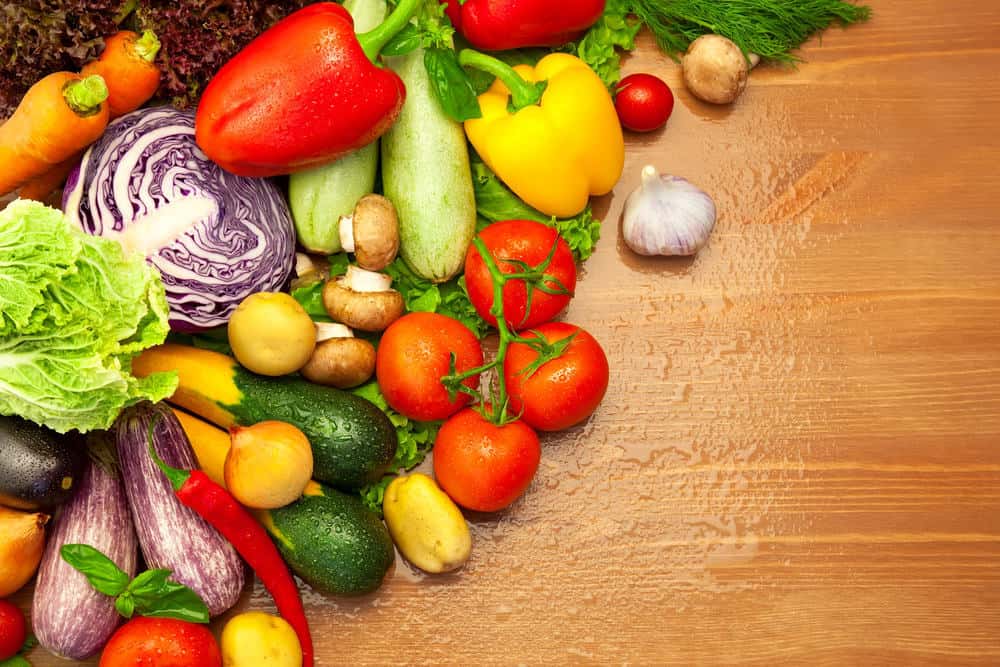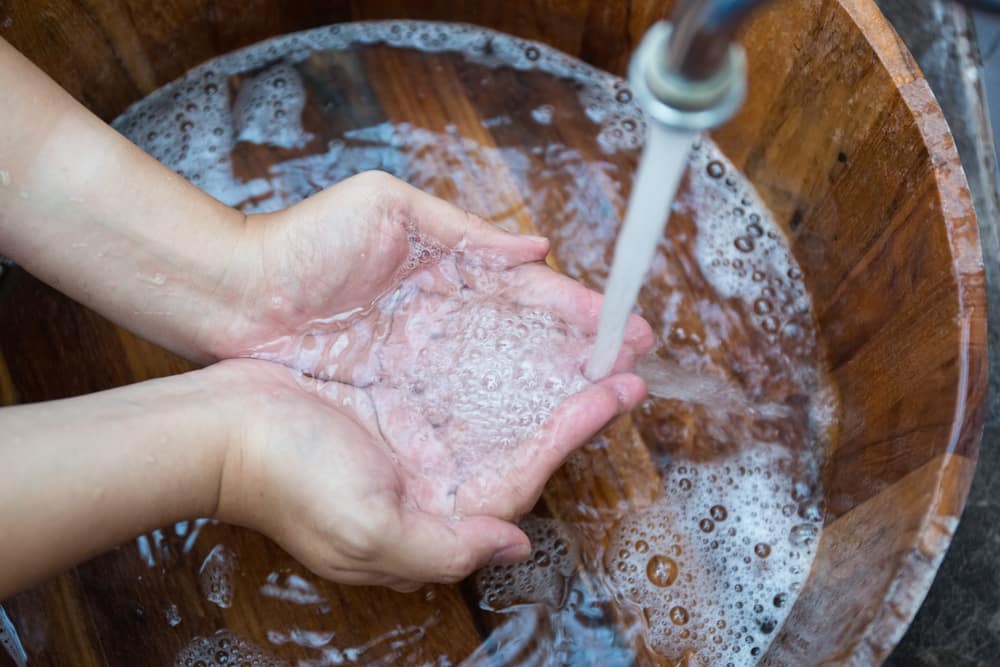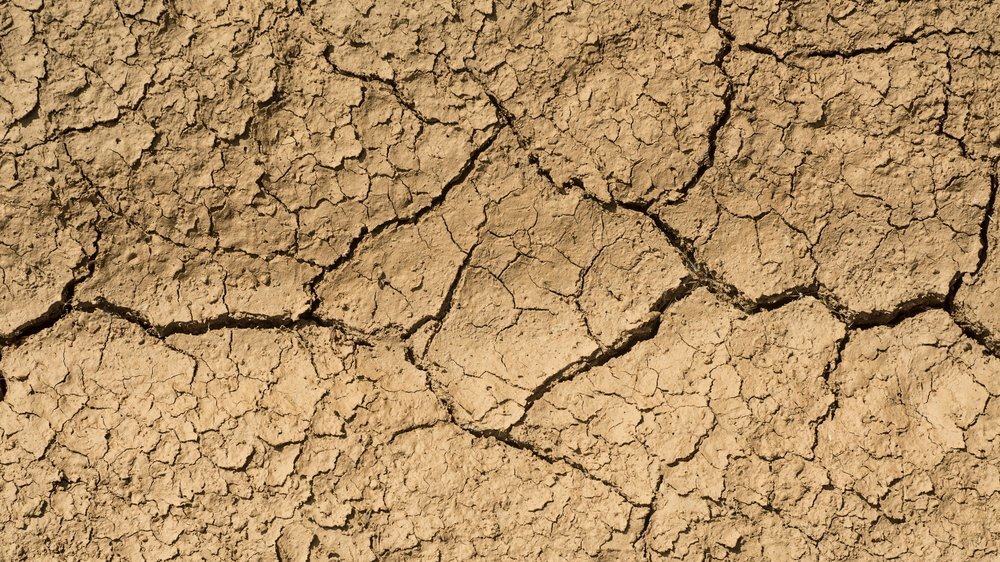Contents:
- Medical Video: Renal nutrition therapy for kidney disease
- Why do you have to go on a special diet?
- Protein
- Calories
- Potassium
- Liquid and sodium
- Phosphor
- Vitamins and minerals
Medical Video: Renal nutrition therapy for kidney disease
When patients start treatment for peritoneal dialysis, you adjust to many changes in your daily life. Your doctor may have told you that some changes in your diet will be needed.
Why do you have to go on a special diet?
Because the kidneys are not able to get rid of enough waste products and fluids from your body, it is important for you to have the right amount of protein, calories, vitamins and minerals in your diet. Your nutritionist will help you list your food to ensure that you get the right balance. Here are some general guidelines:
Protein
Your body needs protein for growth, muscle building and tissue repair. After your body uses protein in the food you eat, a waste product called urea will remain. Because your kidneys cannot get rid of this urea, you may have too much in your blood. Dialysis and your diet play an important role in maintaining low levels of urea.
Along with cleansing urea, your body loses the protein that is usually maintained in your blood. You need to eat more protein to replace what's lost. The type of protein you eat is also very important. High quality protein must be eaten every time you eat. This protein comes from animal sources such as eggs, fish, chicken and meat. Low quality protein needs to be limited in your diet. This type of protein comes from plant sources such as vegetables and seeds.
Calories
Calories provide energy to your body. One source of calories is the food you eat. Another source is sugar in dialysate solution which can affect you because:
- Removing excess fluid from the body.
- This is taken by your body.
- This can cause unwanted weight gain.
Potassium
Potassium is a mineral found naturally in food and can be dangerous when you have too much or too little potassium. Potassium is found in dried fruits, dried beans and peas, legumes, meat, milk, fruits and vegetables and also substituted for salt. Because both high and low levels of potassium in your body can be harmful to the heart, your potassium level will be closely monitored.
Liquid and sodium
Sodium is a mineral found naturally in food and can affect your blood pressure. Many are found in salt and canned food and processed meat. With CAPD, you might be able to follow your usual diet. Watching your sodium can help to control your thirst and weight. It can also reduce the use of high-sugar solutions. Your doctor will choose the right dialysate for you to control your blood pressure and fluid level.
Phosphor
Phosphorus is a mineral that is present in all foods. Most commonly found in milk, cheese, beans, dried beans and peas. Eating foods high in phosphorus will increase phosphorus in the blood and this can cause calcium withdrawal from your bones. Makes your bones weak and causes them to break easily. To help control phosphorus in your blood, you might need to take a drug called a phosphate binder. This medicine must be taken with your food and snacks as instructed by a doctor. Your nutritionist can also tell you about low-phosphorus protein foods.
Vitamins and minerals
Dialysis treatments wash some of the water-soluble vitamins to get out of your body. If you don't get all the vitamins and minerals you need from the food you eat, vitamin and mineral supplements can be recommended. It is important to consume according to what is recommended for you. Certain vitamins and minerals can be dangerous for people who are on dialysis.












